

Building Coherence
The Building Coherence project aims to support development of pre-service elementary teachers’ knowledge, skills, and dispositions for enacting ambitious and equitable STEM instruction, by fostering greater coherence among STEM content and pedagogical teacher preparation opportunities.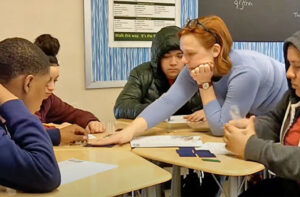

Milwaukee Master Teacher Partnership Evaluation
MMTP supports the improvement of STEM teaching and learning in a large, urban district, by providing experienced teachers with opportunities to earn micro-credentials as they acquire additional content knowledge for teaching, engage in classroom-based action research, and assume instructional leadership roles.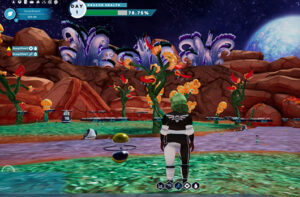

Immersed Games Evaluation
Developing and evaluating a video game that empowers student learning through collaboration and exploration to solve problems.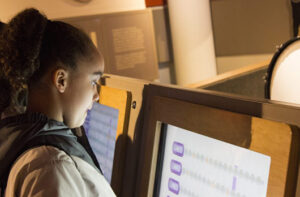

Reaching Across the Hallway
Broadening rural middle school history students’ participation in meaningful and culturally relevant CS instruction.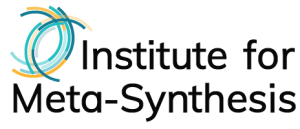

Institute for Meta-Synthesis: A Practicum through the Lens of STEM Equity and Inclusion Literature (IMS-SEIL)
IMS-SEIL is an institute on qualitative meta-synthesis methods for STEM education graduate students, postdocs, early career researchers, and faculty.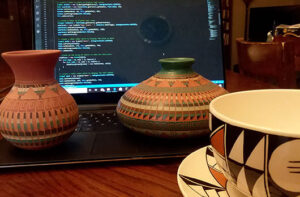

Native STEM Portraits (NSP)
NSP is a longitudinal study on the experiences of Native STEM students, faculty, and professionals and the barriers and supports they encounter in STEM.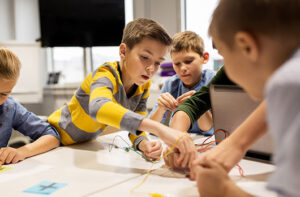

Robots in Science
Robots in Science supports middle school physical science teachers to develop and implement integrated robotics units in their classrooms.

UniVRsal Access
For UniVRsal Access, EdGE is co-designing a Virtual Reality (VR) STEM mystery game with learners with autism, embedding supports for sensory, attention, and social issues, and researching how VR can be used to increase access and broaden participation in STEM learning.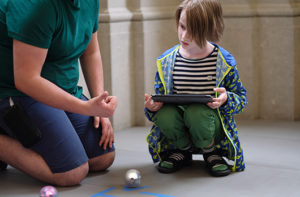

INFACT
The INFACT project was a consortium of leading researchers and practitioners in CT education. Led by EdGE at TERC, the team designed, developed, implemented, and researched a comprehensive set of teaching and learning materials for inclusive computational thinking (CT).

